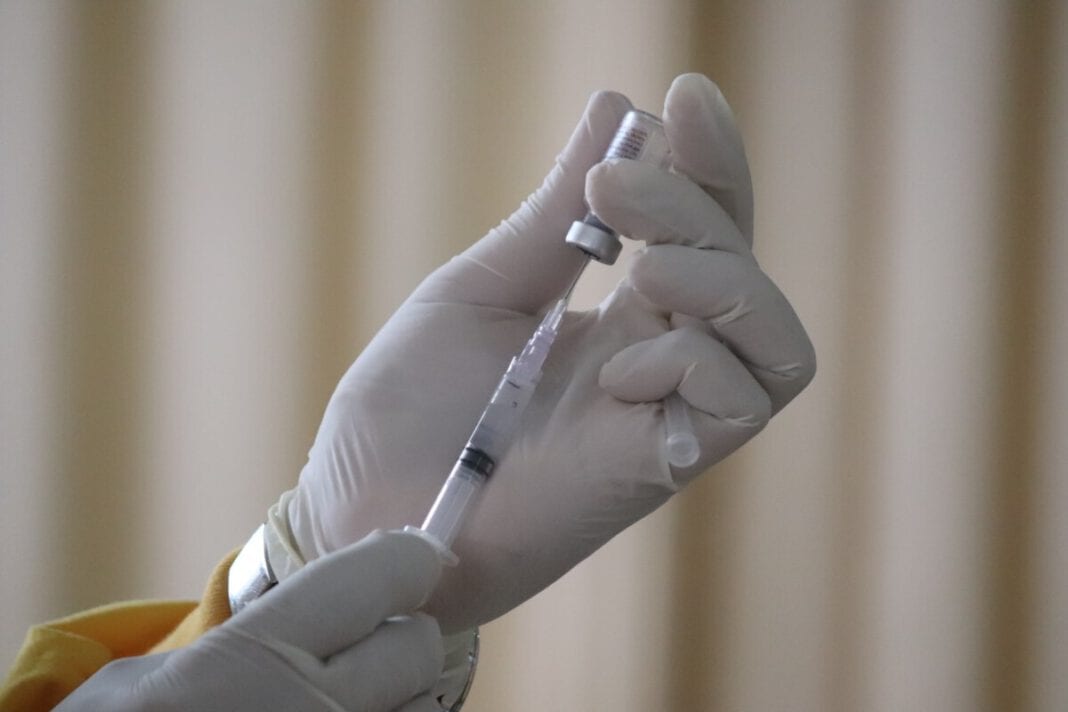The Netherlands is one of the worst performing countries in Europe when it comes to distributing coronavirus vaccines. Outgoing Health Minister, Hugo de Jonge, promises that this will improve.
The Dutch were the last EU nation to start vaccinations, and have ranked 75th out of 98 countries worldwide for their approach to the corona crisis. While the UK has already injected over 7.4 million people to date, the Netherlands has only vaccinated 1% of the population (around 172,800), reports NOS.
This is largely because the distribution of vaccines in the Netherlands is happening at a much slower pace than the arrival of the vaccines. Store rooms sit full with vaccines waiting to be injected but the process is lagging.
De Jong has promised that the gap between vaccine arrivals and distribution will be closed in the next two to three weeks. By then, the number of vaccines being distributed will be more than those arriving in the Netherlands, he says.
A slow start
The outgoing health minister is aware that the Dutch people are looking over their shoulders and comparing the systems here to their neighbours. “Of course I am also disappointed that we are currently at the bottom of the figures,” says De Jonge. “Part of the explanation lies in the somewhat slow start, and another part in more cautious stock management than other countries.”
Hesitant proceedings
De Jonge also expressed a concern with distributing vaccines too quickly. Thinking ahead, he would rather distribute the vaccines carefully and reduce risks than rush the process and have weeks with no vaccines to deliver.
“I understand that people still think differently about this now, but we must ensure that in a while we still have enough in stock to be able to take the planned injections,” says De Jonge. He noted that if the Netherlands starts vaccinating people 24 hours a day, “then you stand still for two weeks”.
What do you think of how the Dutch government have handled the distribution of vaccines in the Netherlands? Tell us in the comments below.
Feature Image: Mufid Majnun/Unsplash.



